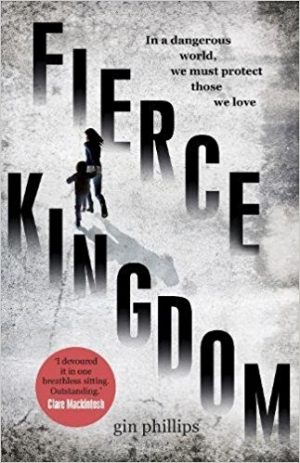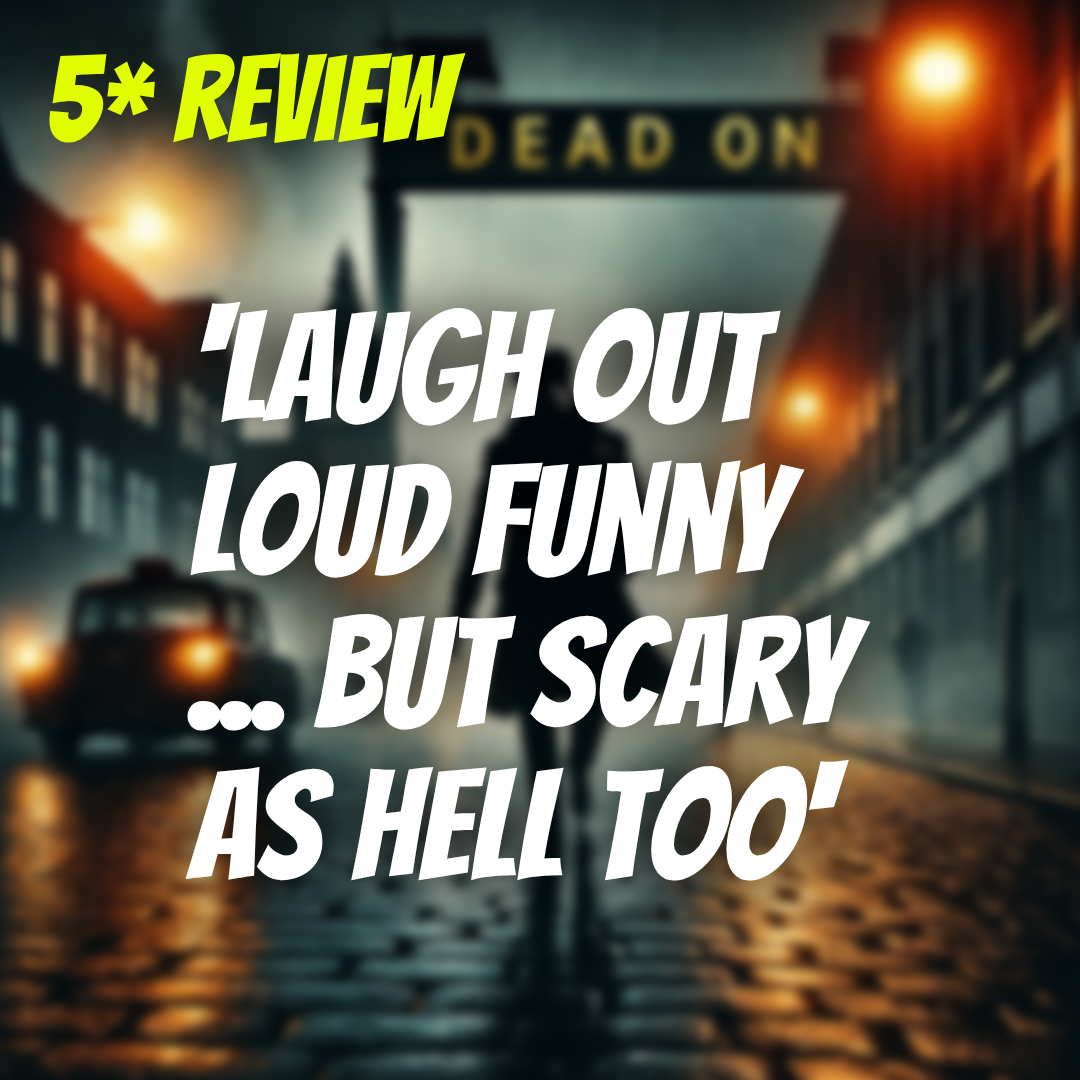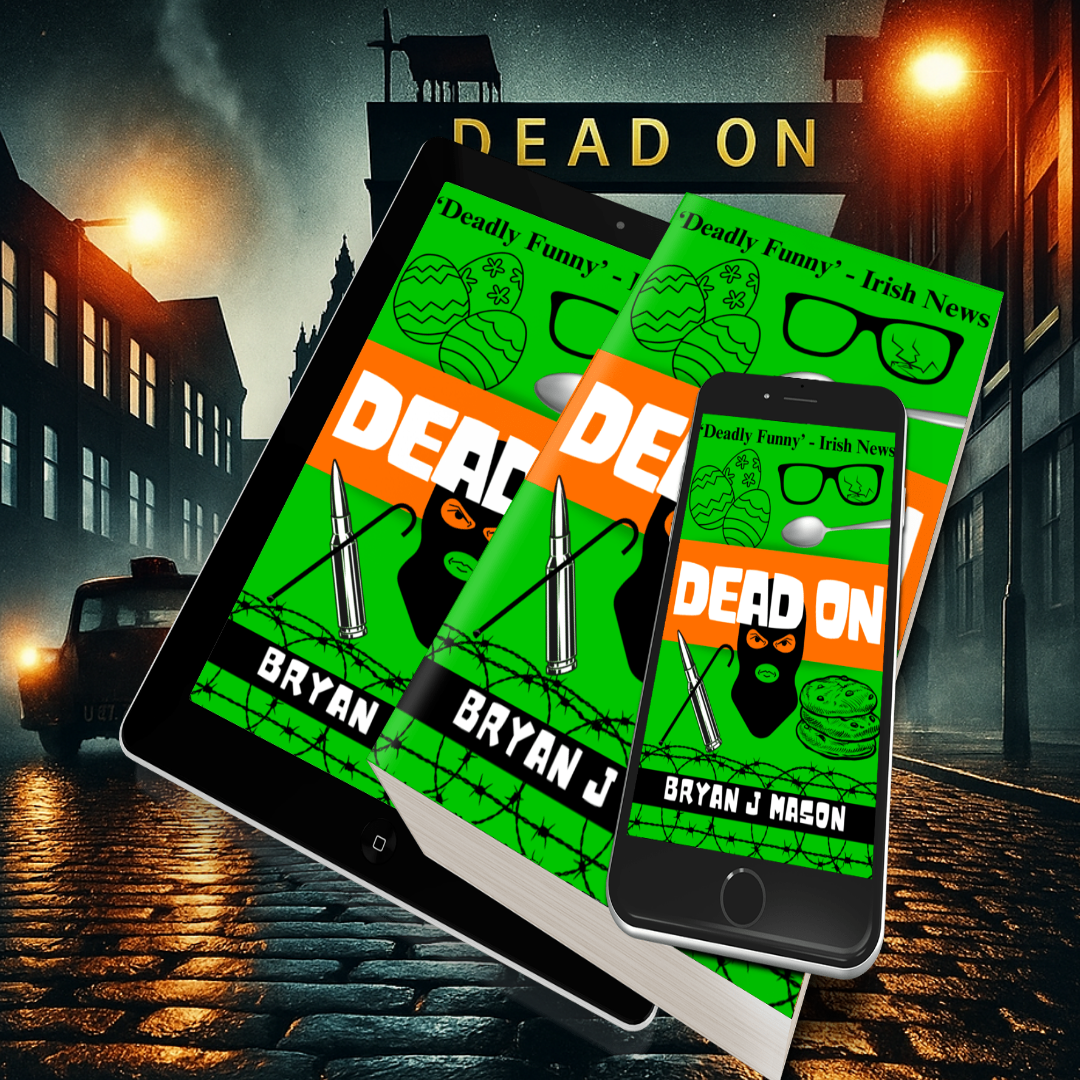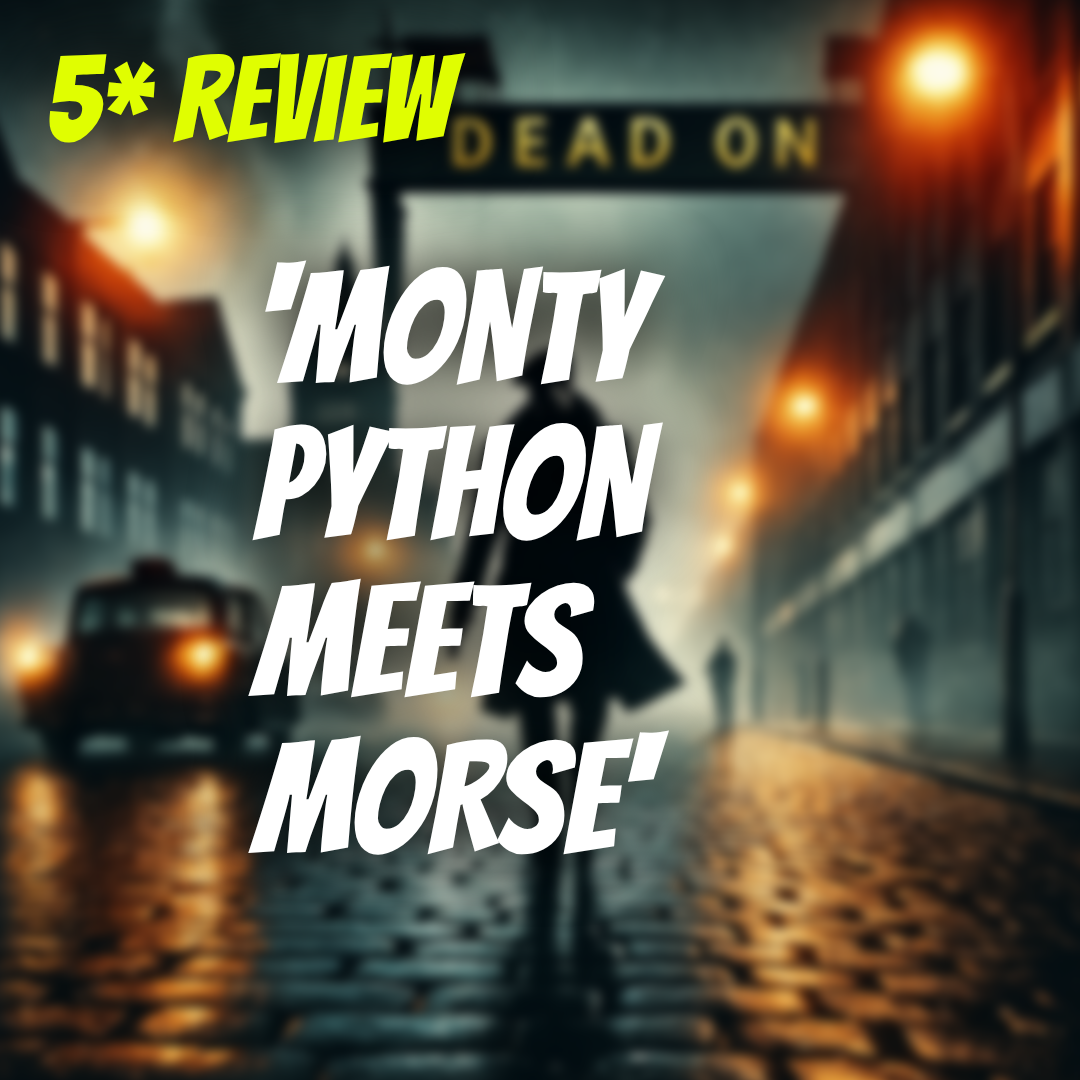 Written by Gin Phillips — If you want to write a psychological thriller as compelling as this Gin Phillips debut, here’s how. If you’re a parent- or can imagine being one, construct your worst nightmare scenario. Include all the situations you’ve imagined where you and your child are in deadly peril, especially the ones that would make you think those dreaded six words: “I wish I had a gun.”
Written by Gin Phillips — If you want to write a psychological thriller as compelling as this Gin Phillips debut, here’s how. If you’re a parent- or can imagine being one, construct your worst nightmare scenario. Include all the situations you’ve imagined where you and your child are in deadly peril, especially the ones that would make you think those dreaded six words: “I wish I had a gun.”
Then think about all the ways your scenario could go wrong, your possible misjudgments, the behavioural quirks in you and your child that could spell doom. Once you’ve depleted your daily allotment of adrenaline with this imaginary exercise, write it all down.
That appears to be what Phillips has done here in an edge-of-your seat thriller told mostly from the acutely observant third-person perspective of a young mother. Devoted, attentive mom Joan is hurrying her four-year-old son, Lincoln out of the zoo at closing time. They’ve heard the popping of balloons or explosions of firecrackers and as they near the exit, realise they were wrong. Those weren’t firecrackers, but gunshots, and a number of people lie dead or dying. Where to hide? How to hide, when Lincoln is averse to whispering and used to having his wishes met upon request?
The action takes place from 4:55 to 8:05pm one weekday, so it unfolds before you in real time. At times, the tension is so high, you may need to take a break. The zoo/park setting, in an unnamed American city, is meticulously rendered, introducing not only the animal exhibits but areas like the food court, the carousel, the circulating train and, in the season of Joan’s nightmare, the cheesy Halloween decorations.
The behaviour and preoccupations of a four-year-old are so accurately rendered, you know this child. You can absolutely believe in every mistimed, too-loud conversation, every desire that needs immediate attention, and every incipient wail. You sympathise with Joan trying to comfort and control her son and be a positive parent, to reassure not terrify him. She knows him so well, she anticipates what will work and what will not as strategies to manage his behaviour. Unfortunately, what will work can be risky.
Lincoln is a child who follows the rules. That works most of the time, but Joan must finally tell him: “The rules are different today. The rules are that we hide and do not let the man with the gun find us.”
A few scenes are from the point of view of the assassins stalking the zoo grounds, which allows for some back story and an understanding of how impervious they would be to empathy or reason. Until darkness falls, Joan messages her husband and gets some outside perspective. The police have arrived – she’s heard the sirens – but the gunfire continues and they don’t seem to have penetrated the zoo itself. Why? When are they coming? This delay is one of the few lapses in the novel’s believability, especially after how Phillips describes revised police tactics after the Columbine school shootings. Now responding officers do not wait for SWAT team support, they intervene immediately to stabilise the situation. Four hours seems too long.
Joan’s mobile phone, which is her lifeline to her husband on the outside – as frustrated as she is with the lack of information he can get from officers at the scene – becomes a dangerous liability after dark. For most of the novel she and Lincoln are cut off from everyone except each other.
So, if you write down a terrifying story such as that, you will have done what Phillips has done. Oh, and you need to throw in a moral dilemma or two, you must capture the thinking of a bright, inquisitive child without becoming saccharine or tedious, you have to create compelling secondary characters, and you must have the writing chops of a serious, thoughtful author. In other words, you must be Gin Phillips.
The child-in-danger motif has been well explored in much recent crime fiction – think CL Taylor’s The Escape or Brad Parks’s Say Nothing – but few set out to immerse themselves in the relationship between mother and child as Phillips has. It’s that relationship that brings the novel its relentless, overwhelming power. It’s out 15 June.
Doubleday
Print/Kindle
£7.99
CFL Rating: 5 Stars








